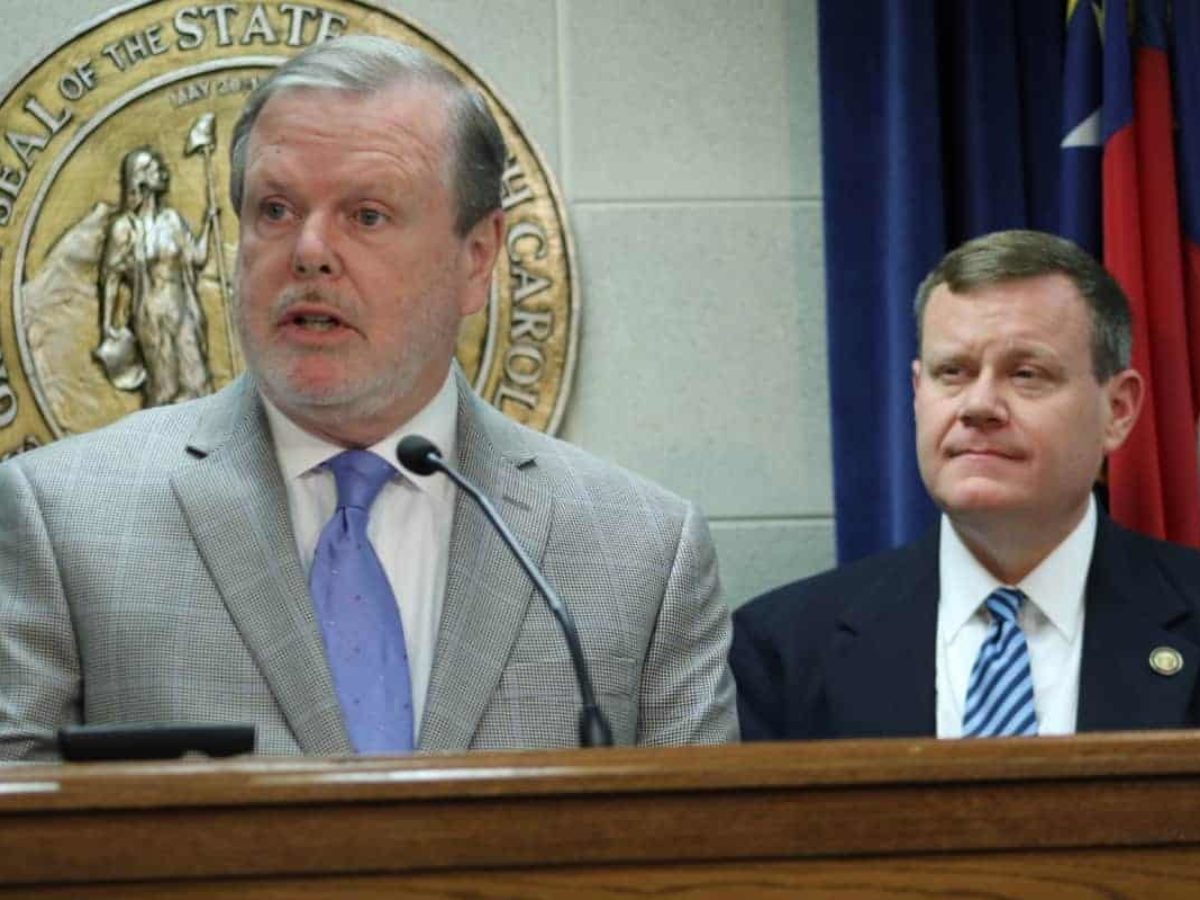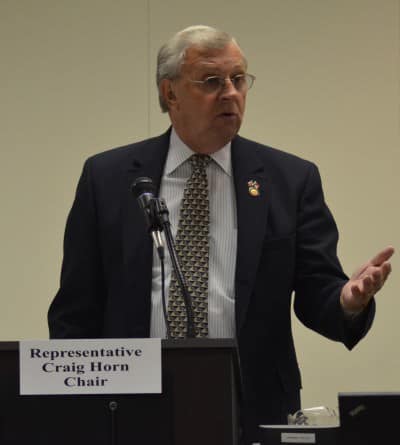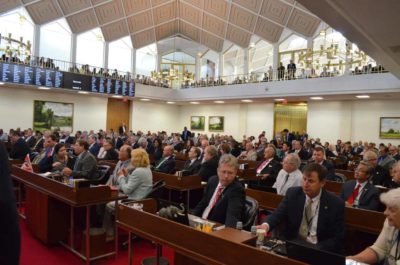
As spring morphs into summer, North Carolina enters into an uncommon period of legislative and legal negotiations, with tests ahead in all three branches of state government. The eventual outcomes will have a bearing on the course of public schools, colleges, and universities in the short- and long-term.
What is about to take place centers on serious issues as well as deep divisions over policy. Negotiations will also put into play the three Ps of representative government in a system of checks and balances — process, personalities, and politics.
Over the next few days, Republican lawmakers, negotiating within their own party to work out differences between the House and Senate, will develop an appropriations bill for enactment. Since 2011, Republicans have controlled the hundreds of moving parts that go into budget-making.
Once enacted, the bill will go to Democratic Gov. Roy Cooper, who is expected to veto it, sending it back to the General Assembly for votes on whether to override or sustain his veto. Based on his own known positions, he has multiple grounds for a veto: He advocates expanding Medicaid to open access to health insurance to more than 200,000 people under the federal Affordable Care Act; he opposes more business tax cuts, while the legislature wants to slice the franchise tax; the governor wants to stop the expansion of vouchers for students in private schools; he calls for higher pay for teachers than legislators have adopted.
Questions and uncertainties abound. Let’s examine the three Ps.
- The governor can veto, and there are enough House Democrats to sustain a veto. But neither the governor nor Democratic legislators can write a state budget. Republicans still have a majority with power to do that. The process of enact-veto-enact-veto could drag on. The government won’t shut down because the legislature had already provided that the state would run on the existing 2018-19 budget in the event of a stalemate — but will Republican lawmakers walk away from the proposed budget they crafted?
- The key power-players are Cooper, Republican House Speaker Tim Moore, and Senate President Pro Tem Phil Berger. None have had experience in the type of negotiations soon to take place. How will they measure up in the test of their transactional-leadership skills, as well as their ability to define the outcome to their own party and to state voters? Democratic Senate leader Dan Blue and House leader Darren Jackson will face a test in forging support for their party’s governor.
- The post-veto maneuvering takes place against the backdrop of hardened partisan lines, with TV talk and the political atmosphere dominated by a bombastic, combative presidency. What’s more, state Democrats believe they have a chance to build on their 2018 gains to win a House majority in 2020. How will the few Democratic and Republican legislators in swing districts perform? How will Gov. Cooper and Republican Lt. Gov. Dan Forrest, potential rivals in the 2020 governor’s race, define themselves by what they say and do? Are there effective consensus-builders? The likely dynamic in this session, however contentious, is for mostly incremental steps, with far-reaching issues up to debate in the course of the 2020 election year.
As the legislative-executive drama plays out, the Leandro case, originally filed in 1994, will reach a critical juncture. “There is an ongoing constitutional violation of every child’s right to receive the opportunity for a sound basic education,” Superior Court Judge W. David Lee wrote in March 2018. He then commissioned WestEd, an independent national consultant, to spend a year in developing an analysis that he could draw on for the next ruling in the case.
When it is submitted sometime soon, that analysis is expected to focus on what it would take to provide high-quality teachers and principals and to assure adequacy and equity in financing public schools. It has the potential to offer the state a penetrating look at its public education system and its prospects. The judge has also instructed the parties to the case — five local, low-wealth school districts and state authorities — to try to agree on a consent decree.
A Superior Court judge can’t write a state budget. But he can issue a ruling that shifts the conversation and turns a new light on public education in North Carolina for decision-making beyond 2020.
If the state is not crossing totally into unchartered territory this summer, still North Carolinians will get a fresh encounter with the playing out of check-and-balances, with lessons in education policy and political leadership to take into the 2020 elections.
Recommended reading



